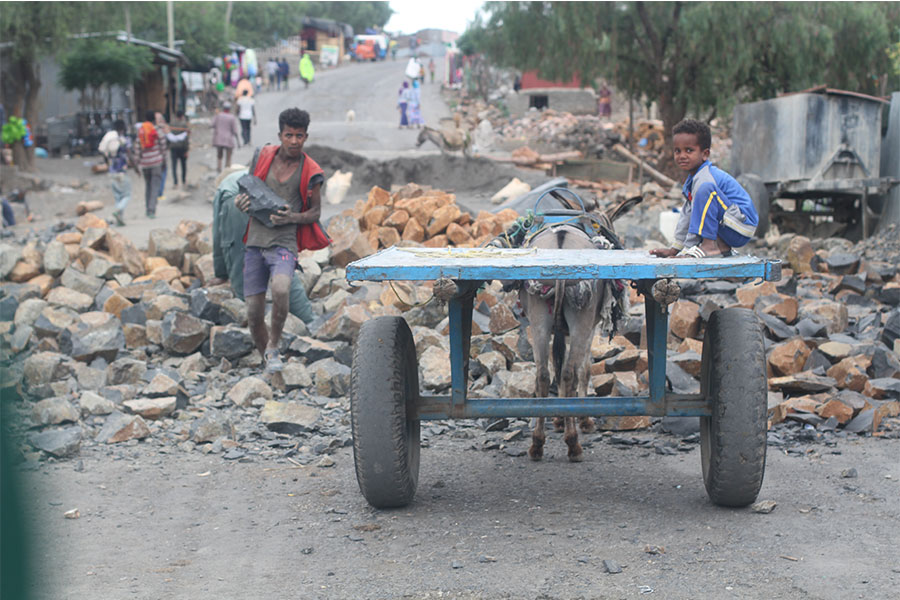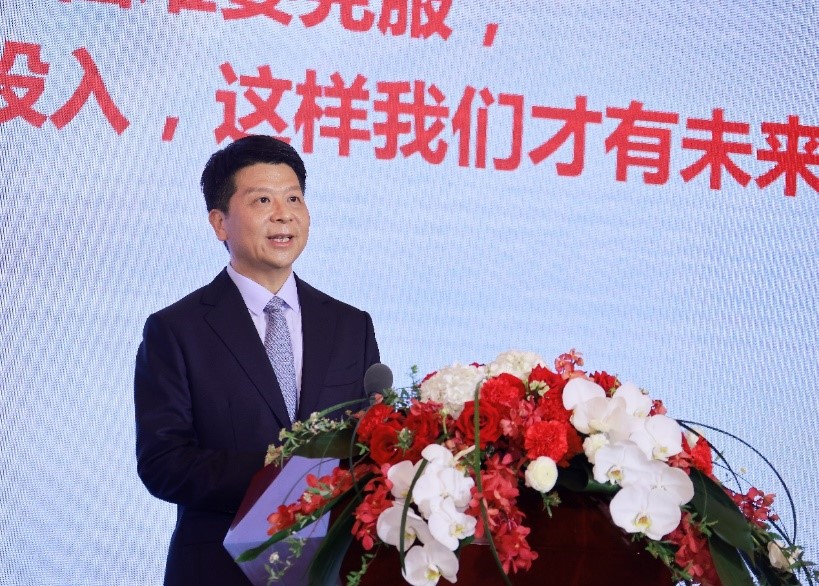
Commentaries | May 21,2022
Sep 7 , 2019
As the teacher calls on the raised hand in an Addis Abeba University classroom, the frustrated student begins, “Chewing khat is my culture, and you shouldn't prohibit me from using it!” As students berated each other back and forth about khat, the teacher ended the class and everyone walked away with the same consensus on the adverse effects.
As the room began to disperse and the instructor left, another consensus was reached. Most of the people in that room had used khat at least once with few admitting that they were regular users. Ethiopians have a way of not speaking about the difficult conversations that are necessary to be had. A study in 2018 on the prevalence and predictors of khat chewing among Ethiopian university students found that more than one in five students has chewed khat.
The numbers and the people tell different stories. People want to tell us what we want to hear, while numbers shed light on the patterns of what we do, not just what we say.
At the National Museum of Ethiopia, while visiting the oldest human remains, the well-informed guide shows groups around as he declares, “But I don't believe in it. We are a religious country.”
In the same line of thinking, this year, Lucy (Australopithecus), the main attraction at the museum was on a peace and love tour of Ethiopia. The tour was intended to strengthen the unity of our nation. Yet it begs the question, is this a uniting tour for a conservative country with the majority of people who believe in creationism?
Having expended no effort to confront these identity disparities, we continue to simply mimic what has been left behind through generations while struggling to add on new thinking. We fight personal and national strife that does not belong to us.
As published in the Ethiopian Journal of Social Sciences, depression is a rapidly growing health problem in the country, yet we have not created a term stronger than the equivalent of boredom in our national language.
We have some of the richest cultural heritages in Ethiopia, and yet we learn very little about it.
Our identity and culture deserve to be learned, studied and upheld. The idea of simply ravaging through our nation in search of what else we can register to UNESCO should be an afterthought. The primary concern should be that we unite in our understanding of our vast cultural riches.
In that same perspective, we have even lost the practical essences of Ethiopia as well. In the past, we utilised an exemplary recycling system. Those going shopping would never forget their shopping baskets beforehand. Glass soda bottles were stored to be used as exchange. Today our streets are littered with used plastics.
These oxymorons that plague Ethiopian identity are at the core of stagnation.
One of my fondest memories with my father is when he would explain to me how Ethiopia’s growth was not only certain but that it would be mighty like the Phoenix rising above the ashes. He would often say, “Those other countries have succeeded in building great nations, but they have made many mistakes. We will be better, because we will learn from their mistakes.”
Ethiopia dwells in the past, lingering on memories, our chest enlarged with pride in things that are in the past. We continue to fall short, measuring up to the greatness of Ethiopia we have never seen. The stories of the past are histories that are supposed to inspire us. We can only carry what we have learned and use it to build the future with coherence. Otherwise, getting stuck in the past, these disparities will decapitate what future we have left.
I was raised thinking we would triumph. A triumphant country is one that can make adjustments to the needs of the people. It is one that no longer just leans on the past but can build on its foundation. In the words of Meaza Ashenafi, “My Ethiopia is the Future.”
A slow growing development is better than a distorted one. We can have a future with a nation that innovates, recognises inequality and works to correct it, and listens to understand its citizens.
PUBLISHED ON
Sep 07,2019 [ VOL
20 , NO
1010]


Commentaries | May 21,2022

Radar | Jul 20,2019

Sunday with Eden | Nov 05,2022

Exclusive Interviews | Nov 21,2018

Viewpoints | Jan 09,2021

Viewpoints | Sep 01,2024

Sponsored Contents | Apr 05,2022

Commentaries | Mar 30,2024

Commentaries | Mar 09,2024

Life Matters | Dec 31,2022

Dec 22 , 2024 . By TIZITA SHEWAFERAW
Charged with transforming colossal state-owned enterprises into modern and competitiv...

Aug 18 , 2024 . By AKSAH ITALO
Although predictable Yonas Zerihun's job in the ride-hailing service is not immune to...

Jul 28 , 2024 . By TIZITA SHEWAFERAW
Unhabitual, perhaps too many, Samuel Gebreyohannes, 38, used to occasionally enjoy a couple of beers at breakfast. However, he recently swit...

Jul 13 , 2024 . By AKSAH ITALO
Investors who rely on tractors, trucks, and field vehicles for commuting, transporting commodities, and f...

Oct 18 , 2025
The political establishment, notably the ruling party and its top brass, has become p...

Oct 11 , 2025
Ladislas Farago, a roving Associated Press (AP) correspondent, arrived in Ethiopia in...

Oct 4 , 2025
Eyob Tekalegn (PhD) had been in the Governor's chair for only weeks when, on Septembe...

Sep 27 , 2025
Four years into an experiment with “shock therapy” in education, the national moo...